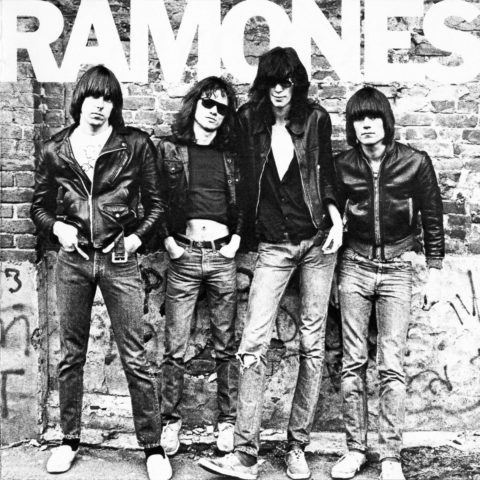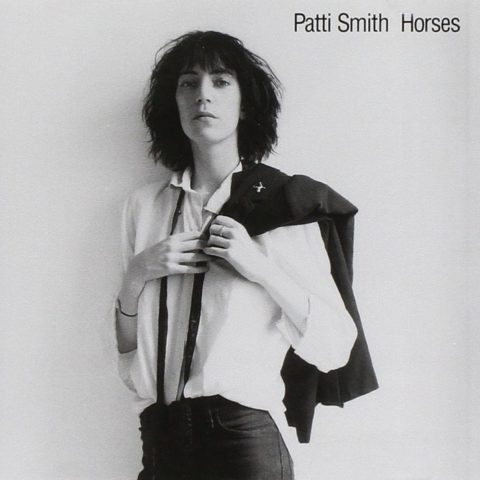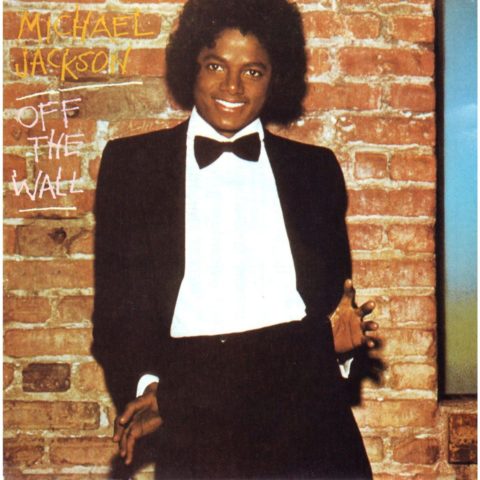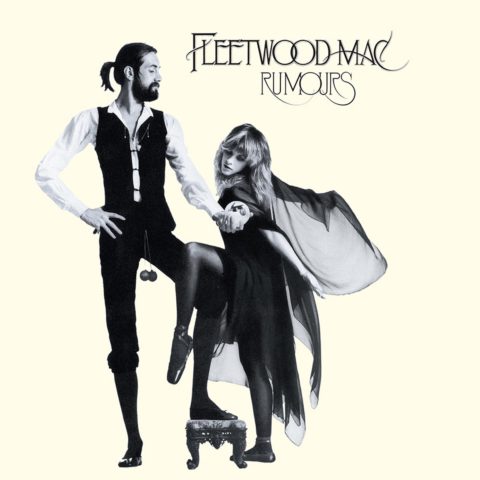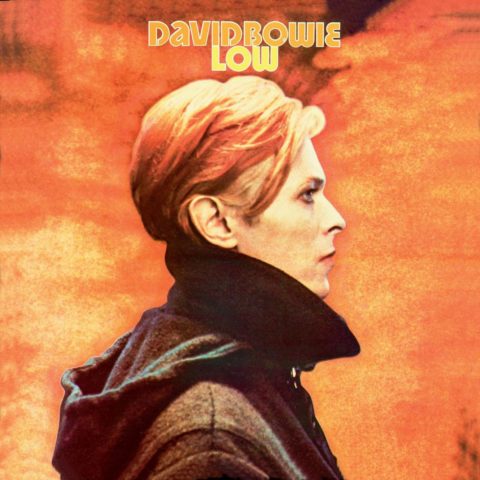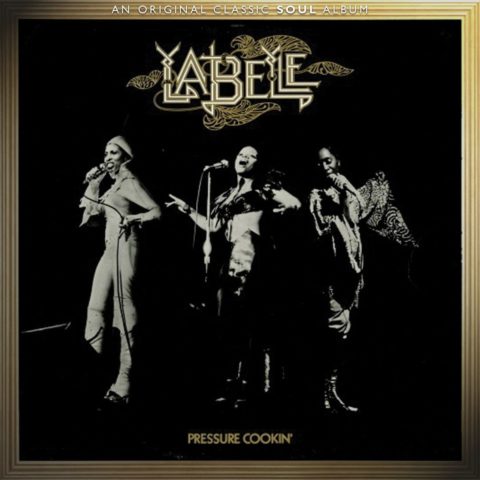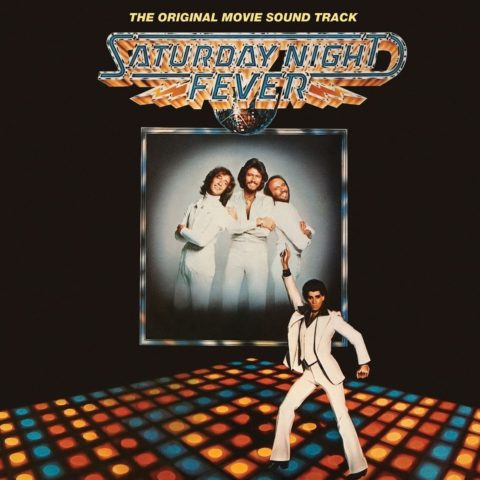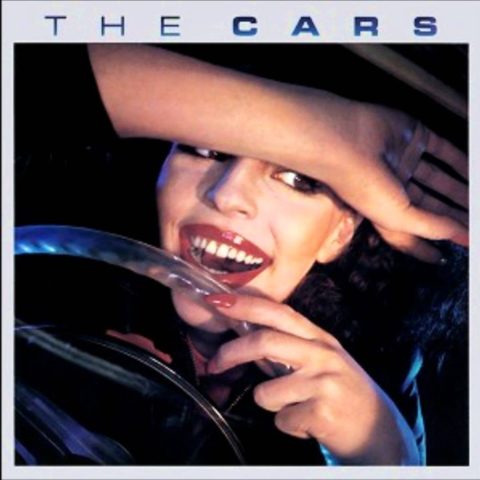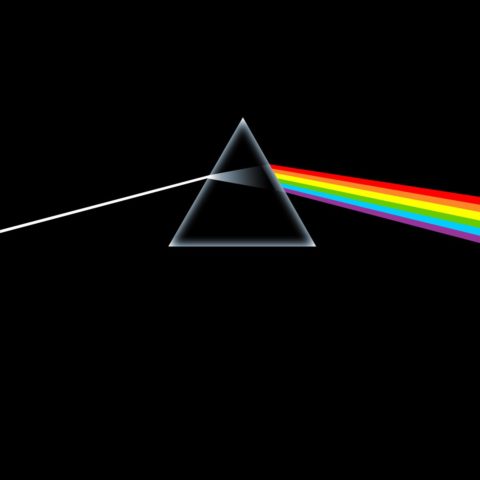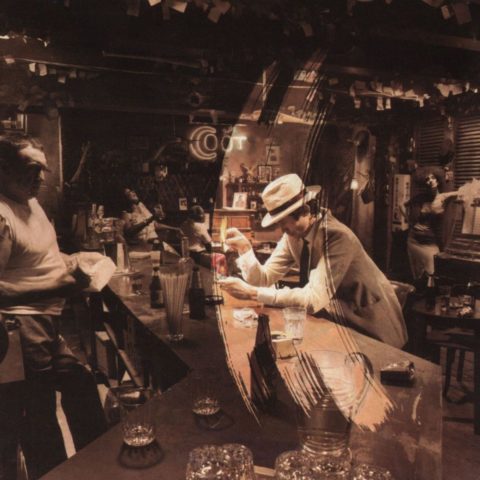Of course the new HBO-series Vinyl would premiere on Valentine’s Day. The Mick Jagger- and Martin Scorsese-produced 10-part series is basically a love letter to the ’70s rock and roll that both men were familiar with back in the day. Remember, well before Leonardo DiCaprio became his guy, Scorsese shot The Last Waltz, a 1978 concert documentary about The Band. And Mick Jagger is, well, Mick Jagger. Writer Terence Winter, who did Wolf of Wall Street, is also a producer.
Vinyl opens in familiar Scorsese territory: a gritty alley in New York in 1973, and in some way it picks up on popular culture where another period piece, Mad Men, left off. But instead of tortured Don Draper (remember when Don couldn’t even listen to that Beatles record?), we have Richie Finestra (played by Bobby Cannavale), a record label executive around the same age as Don, making a shady cocaine deal from the comfort of his Mercedes. After getting high, Finestra is interrupted by a pack of glam rock kids headed to a New York Dolls show. He follows them, and despite being noticeably older than the crowd, is reinvigorated by the band before him.
As the show unfolds, we learn that Richie was on the cusp of selling his once-mighty record label to German investors. The deal would have netted him and his business partners millions, but after one unexpected, violent night with the despicable Buck Rogers (Andrew Dice Clay as a menacing radio station owner, apparently those guys once had power?), Richie is set on a path to reclaim his rock and roll lifestyle—bad habits and all.
New York and its music pulse throughout this episode, as do memorable send-ups of Led Zeppelin’s Robert Plant, their mythical manager Peter Grant, glam rockers the New York Dolls, Lou Reed, Andy Warhol, as well as the nascent hip-hop scene appearing literally on the streets of the city.
For all the sex, drugs and camp, it’s the “vinyl” that pushes this series forward. The Telegraph wrote: “The thing that helped define the period was the vinyl record, with its hiss, crackle and incredibly rich sound.” An apt show in light of how many people are listening to records again.
I confess, I actually grew up in a house with records—my dad and sisters listened to them all the time. And now I have a brand-new turntable that is constantly spinning. Now is a good time to ask FASHION‘s editors what their essential ’70s records are.
vinyl-12
The Ramones, The Ramones, 1976
“This album was my first introduction to punk and has remained one of my favourites ever since I was a kid. I first heard it at a friend’s house, where her older brother was playing it. I think this record had a big part in my punk-ness in later years, and when Joey Ramone died, it felt like a family member had passed.” —Erin Reynolds, Photo Editor
vinyl-10
Patti Smith, Horses, 1975
“My dad first played me this album—a double disc, complete with a live edition—when he was moving me to New York, so it has a special resonance. But aside from starting my almost decade-long obsession with Patti Smith, this album taught me plenty about how to get lost in the crevices of weird music—there are plenty, especially on vinyl.” —Randi Bergman, Executive Digital Editor
vinyl-04
Michael Jackson, Off The Wall, 1979
“This record captures Michael Jackson at such a bright time in his life. It’s hard to believe the person he was at the time of his death in 2009. This record is positive and infectious. and lyrics like ‘Gotta to leave the 9 to 5 up on the shelf, and just enjoy yourself’ will always bring out a smile.” — Jacquelyn Francis, Executive Editor
vinyl-07
Fleetwood Mac, Rumours 1979
“Yes, I know this isn’t exactly a controversial choice when it comes to fave ’70s albums, but Rumours is one of the very few records I can listen to from start to finish without skipping anything. It’s also resulted in some great covers, like Lisse’s ‘Go Your Own Way’ and Leighton Meester and Dana Williams’ cover of ‘Dreams.'” —Souzan Michaels, Associate Digital Editor
vinyl-13
David Bowie, Low, 1977
“I’ve always been fascinated by the years Bowie spent holed up in Europe with Iggy Pop, and this is my favourite album of his time there (the ones he created at the time are referred to as the ‘Berlin trilogy’). I love how experimental it is. So many of the songs aren’t even ‘songs,’ and so many are purely instrumental. It feels hard enough to have a bit of essential punk, but arty enough to make it pure Bowie. Plus, the cover art. Can you match it?” —Randi Bergman, Executive Digital Editor
vinyl-06
Labelle’s Pressure Cooking 1973
“Labelle was a girl group who broke all colour barriers (they were the first Black musicians to play at the Met) and musical genres (they mixed funk, rock, punk, disco and R&B) and became musical and fashion stars (they wore futuristic silver gear that was inspired by aliens and went on to inspire KISS & Paco Rabanne). Led by the operatic Patti Labelle, the trio also consisted of Nona Hendryx and Sarah Dash.” —Elio Iannacci, Features Editor
vinyl-11
Soundtrack. Saturday Night Fever 1977
“Saturday Night Fever is the ultimate disco movie and though genre purists may scoff at the songs for being a white, mainstream offering, for pure disco cheese and memories of Travolta in a white suit pre-masseuse scandals, you can’t go wrong.” —Lesa Hannah, Beauty Director
vinyl-05
The Cars, The Cars, 1976
“I used to creep up into my older sisters’ attic bedroom where they would be getting ready to go out while listening to this on their portable record player. It’s a start-to-finish album that combines rockabilly with new wave in a very American way.” —Jacquelyn Francis, Executive Editor
vinyl-03
Pink Floyd, Dark Side of the Moon 1973
“Seeing Dark Side of Oz at the Bloor Cinema (where they synched up ‘The Dark Side of the Moon’ and ‘The Wizard of Oz’) in high school was a defining moment of my teenage years. I still always imagine Dorothy rushing away to save Toto when I hear the line ‘no one told you when to run from Time.'” —Nicole Schaeffer, Associate Designer
vinyl-01
Led Zeppelin, In Through the Out Door, 1979
“A far cry from Zeppelin’s rock and roll days, this album captures the band as they are unravelling under the weight of fame, drugs and personal tragedy. I can only imagine how crazy a synth must have seemed to rock purists. Now it seems almost ecclesiastical. A year after its release, John Bonham would be dead and the band that appears in HBOs Vinyl pilot would be no more.” —Jacquelyn Francis, Executive Editor
The post The 10 essential ’70s records you need on vinyl appeared first on FASHION Magazine.
